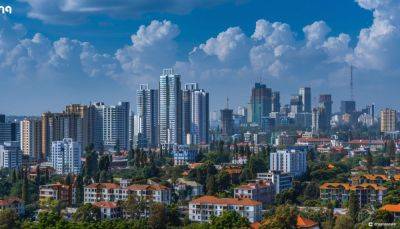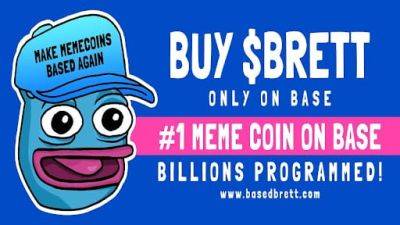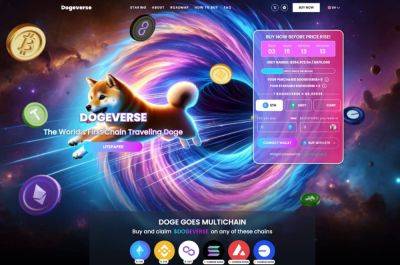Bitcoin Developers Forge Alliance to Standardize BRC-20 Tokens Amid Rising Popularity
A coalition of Bitcoin developers have rallied to govern the BRC-20 fungible token standard as the Ordinals protocol surges in popularity.
The coalition, which calls itself the Layer 1 Foundation, announced its new BRC-20 governance structure in a lengthy tweet on X on Monday.
The Layer 1 Foundation (L1F), founded by BRC20 Creator @domodata and friends, is excited to announce its organization of a new BRC20 governance structure—including the appointment of several leading BRC20 indexers as collaborators.
Over the past months, it’s become clear that… pic.twitter.com/GDZxMelYkg
— Layer 1 Foundation (@L1Fxyz) March 11, 2024
From now on, BRC-20 governance is shared between the biggest BRC-20 indexers. The list includes Hiro, Alex Labs, Oyl Dynamics, Allium Labs, and UTXO Management. Ordinals aggregator Best in Slot co-leads the maintenance of the BRC-20 protocol alongside Bitcoin wallet developer Unisat.
Unisat previously stood on the opposite side of Domo in a recent dispute over an Ordinals upgrade. In January, the BRC20 community were in two minds over implementing the new Jubilee update. Domo said it could affect how BRC-20 tokens are indexed and effectively amounted to a hard fork.
Domo advised against implementing Jubilee until it is sufficiently tested.
Yesterday, Unisat Wallet founder Lorenzo confirmed to Decrypt that a hard fork was not the plan.
Ordinals will be crucial to the Bitcoin network’s post-halving economy beyond just governing BRC-20 tokens.
On April 19 is Bitcoin’s fourth halving. The halving is a quadrennial event in Bitcoin’s code that dictates when rewards for validating blocks of Bitcoin transactions, aka mining, get cut in half.
Bitcoin halvings help increase the scarcity by squeezing the new supply. Nine
Read more on cryptonews.com



















